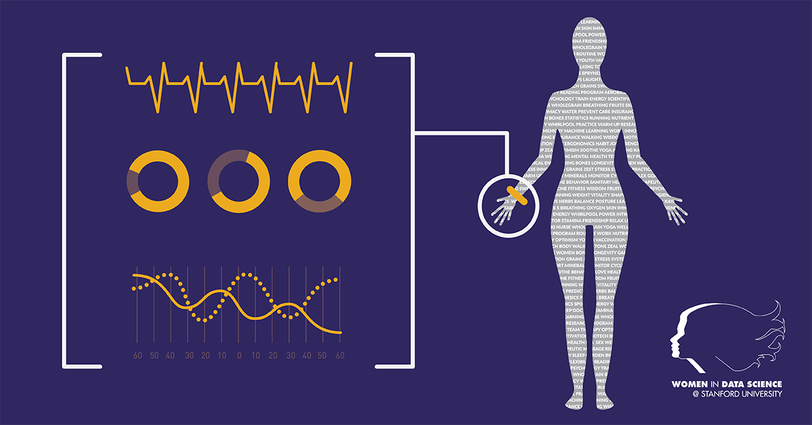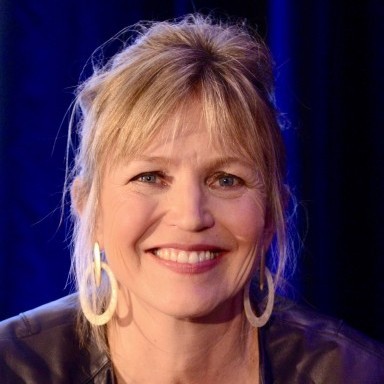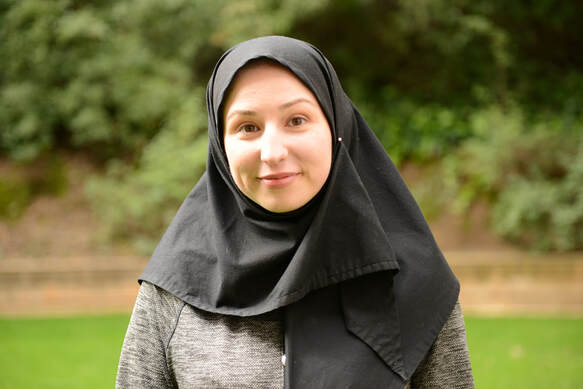Applying Machine Learning to Understand and Improve Health

Highlights
Ghassemi explains how she is tackling two issues: eradicating bias in healthcare data and models, and understanding what it means to be healthy across different populations during her conversation with Women in Data Science Co-Director Karen Matthys on the Women in Data Science podcast.
She says that there are built-in biases in data, access to care, treatments, and outcomes. If we train models on data that is biased, it will operationalize those biases. Her goal is to recognize and eliminate those biases in the data and the models. For example, research shows that end-of-life care for minorities is significantly more aggressive. “This mistrust between patient and provider, which we can capture and model algorithmically, is predictive of who gets this aggressive end-of-life care.”
Ghassemi is also interested in the fundamental question of what it means to be healthy, and whether that rule generalizes. It requires a different mode for data collection and analysis. She explains that the typical process is that data is generated when you go to the doctor because you are sick. However, what matters more than your infrequent doctor check-in is how you’re experiencing things day to day, the self-report. She sees a huge opportunity in combining doctor visit data, self-reported data and data from wearable devices that’s passively collected from people that consent to their behavioral data being used. We can use all of those different kinds of data modalities to understand what it means to be healthy for all kinds of people.
She also offers valuable insights from her career in data science as a woman, a minority and a mother. She is a visible minority because she chooses to wear a headscarf. “I became comfortable very early on with defending choices that I had made about my life. And that for me really was instrumental in the academic process. Because what is academia if not constant rejection?”
Ghassemi made the decision to become a mother while pursuing her PhD. “As a society we should recognize that having kids is not a career hit.” She felt she was able to have kids and be successful as a graduate student because there was a community around her that was supportive and recognized that having children would enrich her life and experience. She credits having a supportive mentor as being instrumental in making it all work, saying, “You have to choose the race that you can be successful at.”
She wants young women entering the field to know there is no one defined path. She says don’t worry about checking boxes. Choose things that you are very passionate about. Find a mentor who’s willing to invest in you, and the path you want to take. Surround yourself with good people. It’s not the project that makes you successful; it’s the people. If you can’t trust the people around you, and learn how to work together, you are going to fail. Having the right mentors and having the right people around you should always be your guiding star.

About the Host
Margot Gerritsen
Stanford Professor [Emerita] Margot Gerritsen is the Executive Director and co-founder of Women in Data Science Worldwide (WiDS) and born and raised in the Netherlands. Margot received her MSc in Applied Mathematics from Delft University of Technology before moving to the US in search of sunnier and hillier places. In. 1996 she completed her PhD in Scientific Computing & Computational Mathematics at Stanford University and moved further West to New Zealand where she spent 5 years at the University of Auckland as a lecturer in Engineering Science. In 2001, she returned to Stanford as faculty member in Energy Resources Engineering. Margot was the Director of the Institute for Computational & Mathematical Engineering (ICME) at Stanford from 2010-2018 and the Senior Associate Dean for Educational Affairs in Stanford’s School of Earth Sciences from 2015-2020. In 2022, Margot took Emerita status to devote herself to WiDS full time. Margot is a Fellow of the Society of Industrial & Applied Mathematics, and received honorary doctorates from Uppsala University, Sweden, and the Eindhoven University of Technology in the Netherlands. She now lives in Oregon with her husband Paul.
Connect with Margot Gerritsen on Twitter (@margootjeg) and LinkedIn.
Find out more about Margot on her Stanford Profile.


